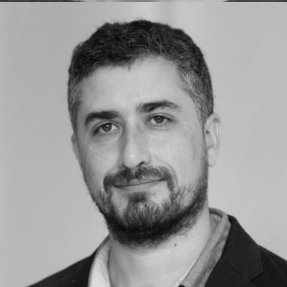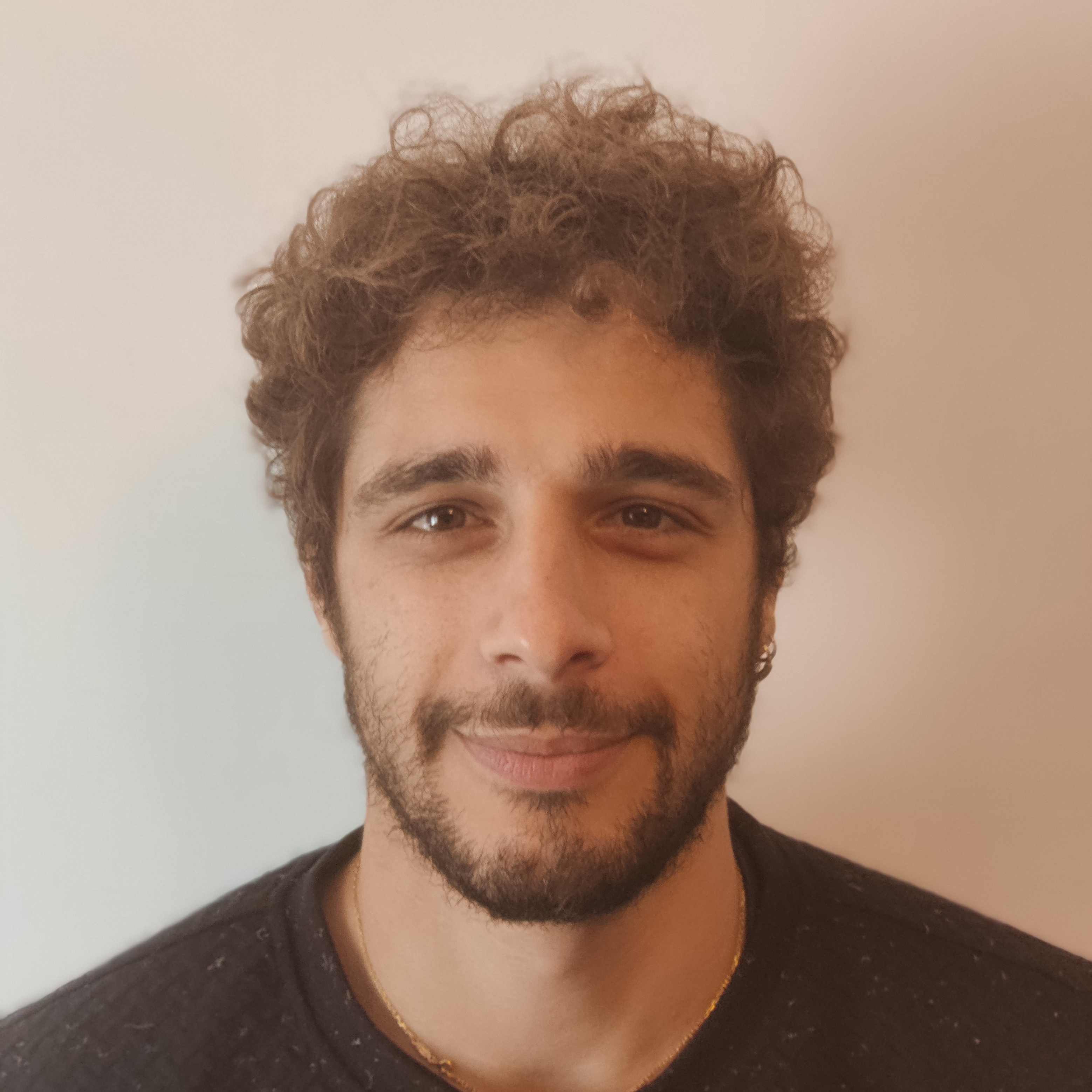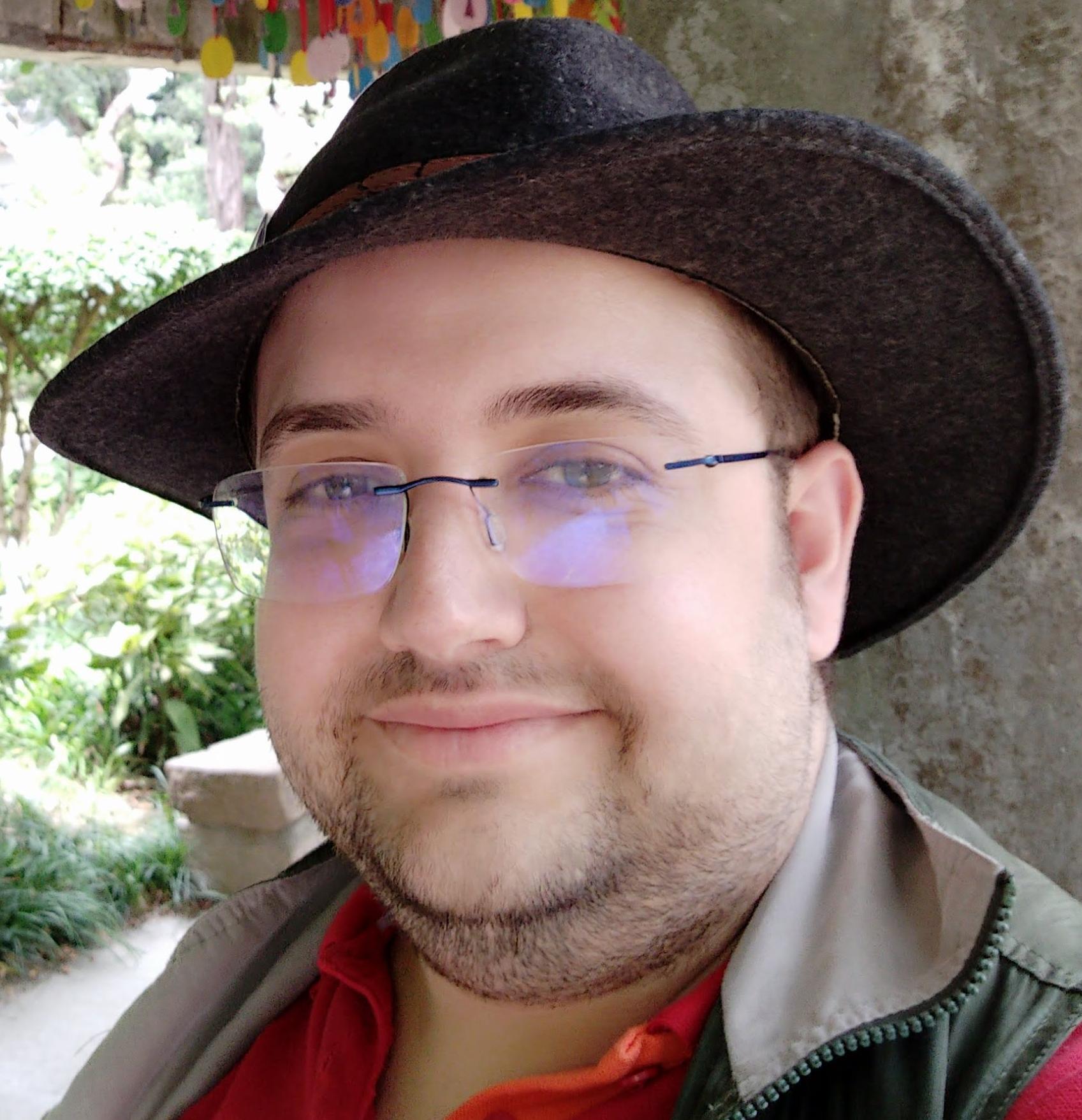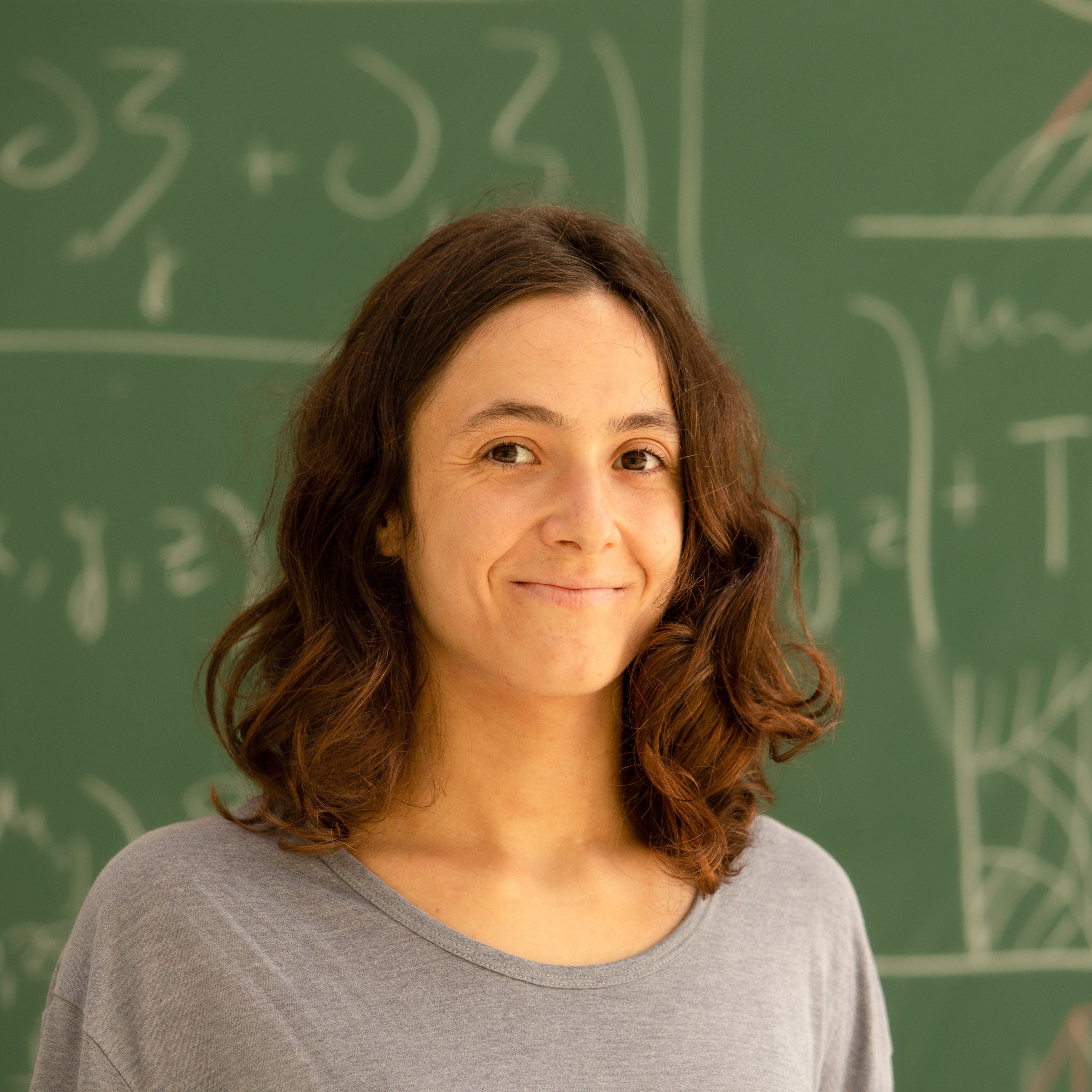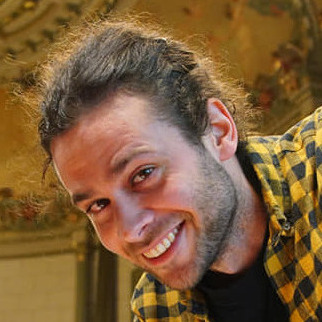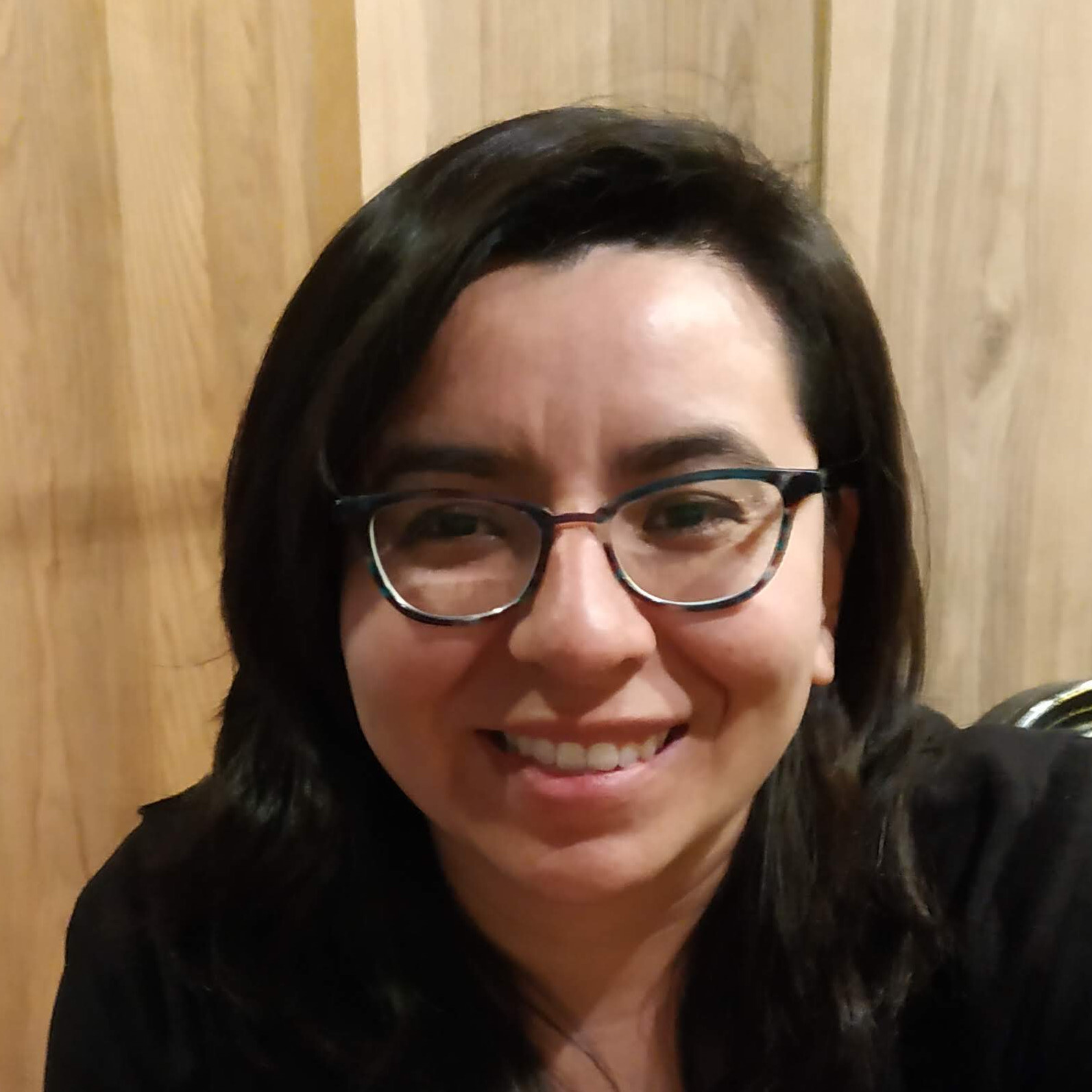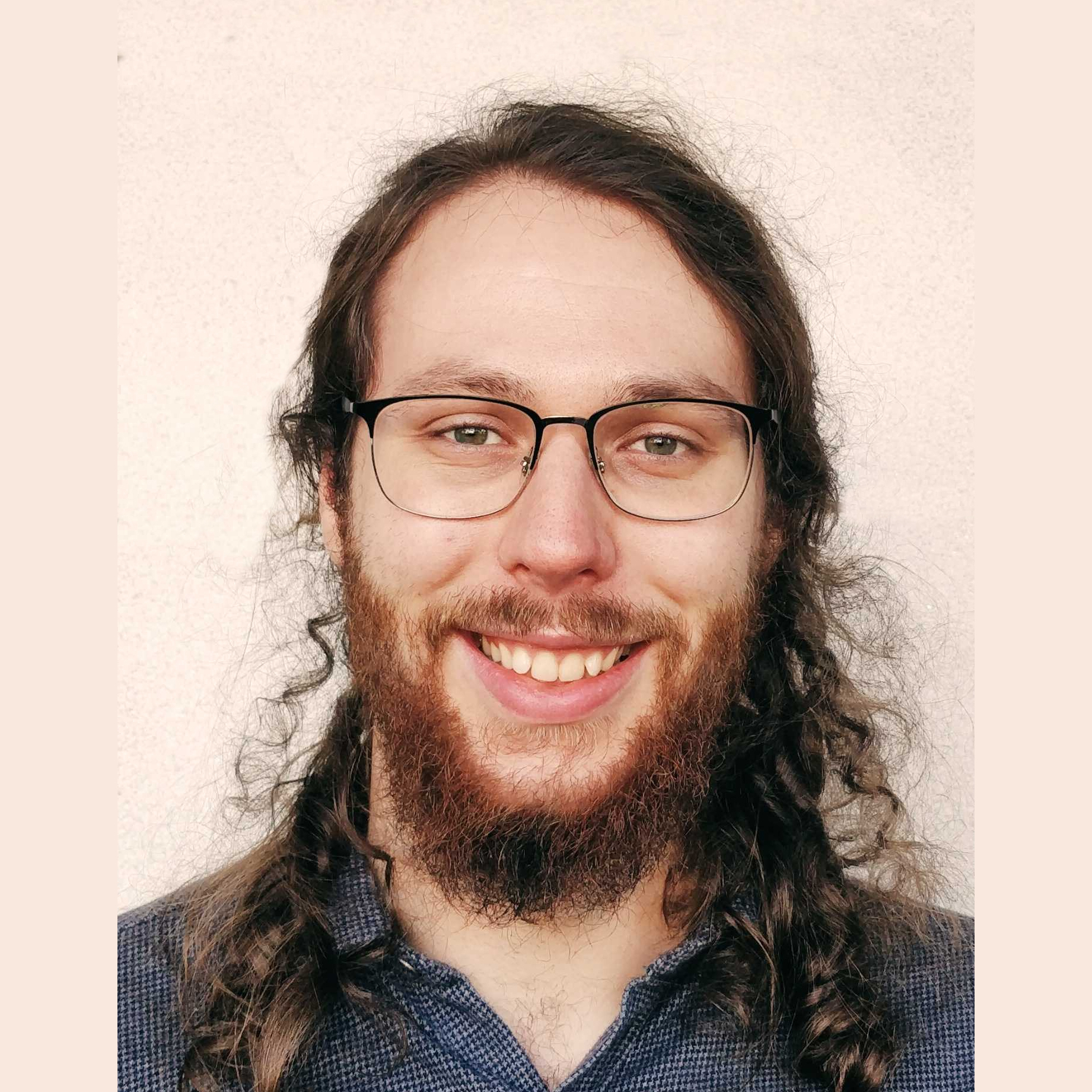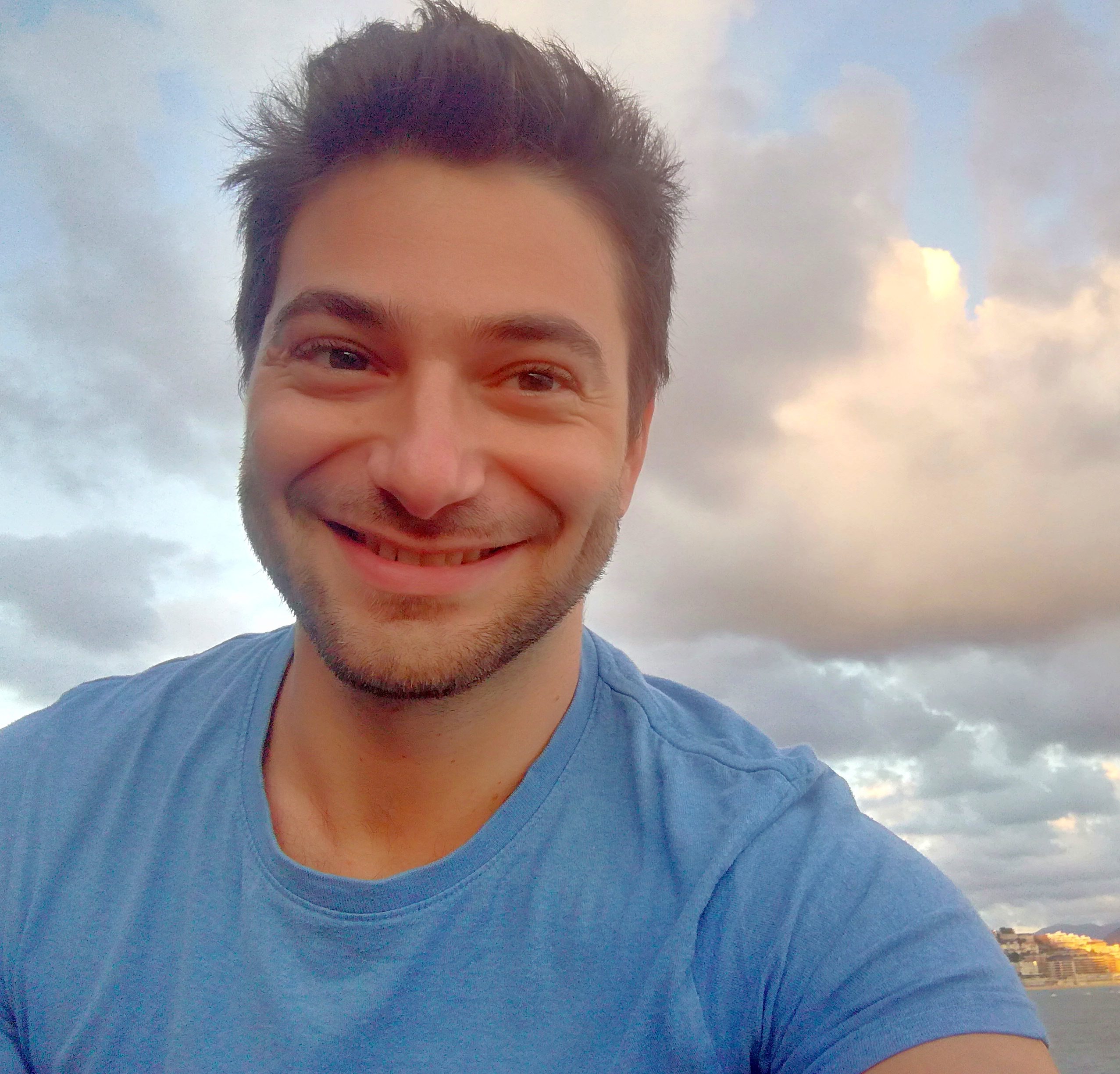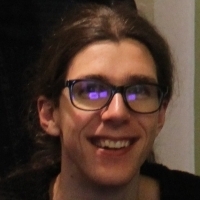I am a computational cosmologist working on various aspects of the large-scale structure in the Universe, dark matter simulations, galaxy formation theory, and observational signatures of fundamental physics.
The BACCO group
My research aims to improve the understanding of cosmology and astrophysics with large-scale structure analyses. To do so, I analyse observational data in a Bayesian framework, using a combination of simulations and neural networks. I am particularly interested in weak gravitational lensing and how baryonic processes influence cosmological inference in weak lensing surveys.
My research revolves around a broad range of topics in Cosmology and Astrophysics, including the galaxy-halo connection, the cross-correlation of large-scale structure and the cosmic microwave background, the analysis of the Lyman alpha forest, the estimation of photometric redshifts, and the characterization of active galactic nuclei.
My main research topics are galaxy formation and evolution, focused on the galaxy-halo relation; Large-scale structure of the Universe, focused on the effect of galaxy and halo assembly bias and Cosmology, focused on the seek of constrains of cosmological parameters using galaxy clustering.
I am currently doing research about certain properties of dark matter halos in cosmological simulations and studying their formation histories via the excursion set formalism but I am also interested in other topics such as applying machine learning techniques to cosmology and linear perturbation theory in general relativity.
I'm mainly interested in the galaxy-halo connection. More specifically, I study the properties of star-forming galaxies, and how can we populate with them N-body simulations to analyse the data of upcoming surveys.
I am interested on the formation and characteristics of the structures that we find in the universe. I run and analyse different types of simulations in my work, specifically, N-body and sheet simulations to study the dark matter, as well as hydrodynamic simulations.
My research activities lie in the field of cosmological information extraction from current large scale structure surveys. My main research interest is unveiling the nature of dark energy by means of these surveys and the cosmic microwave background. I happen to also play awfully the guitar.
My past and current research have been focused on the evolution of galaxies today, especially, in the connection between black holes and galaxies. I am also interested in deciphering the role of stellar bars in the evolution of disc galaxies. My main tool has been cosmological hydrodynamical simulations.
I would like to understand what dark matter is. I develop, visualize and interpret cosmological simulations about the warmth of dark matter, its phase space structure and the effects of tidal fields. Further I am interested in applying machine learning techniques in cosmology.
My research interests include the effects of massive neutrinos on the large scale structure of the universe, as a way to both better understand cosmology, and shed light on neutrino physics. Other interests of mine include bayesian analysis, perturbation theory and... coding!
I am a software engineer, working on my own structure formation scheme, called the Non-linear Adhesion model. We created an algorithm to apply this model to an N-body simulation and see how the Cosmic Web evolves. Being a software engineer, I am mostly interested in coding, mainly in C++, and developing all sorts of applications and algorithms.
I’m interested in how we can access cosmological information from small scales. In particular, I like working with galaxy clusters, which I just find weird and wonderful. I also like statistics and generally messing around with random numbers. Finally, I’m really looking forward to the discovery of the nature of dark matter.
